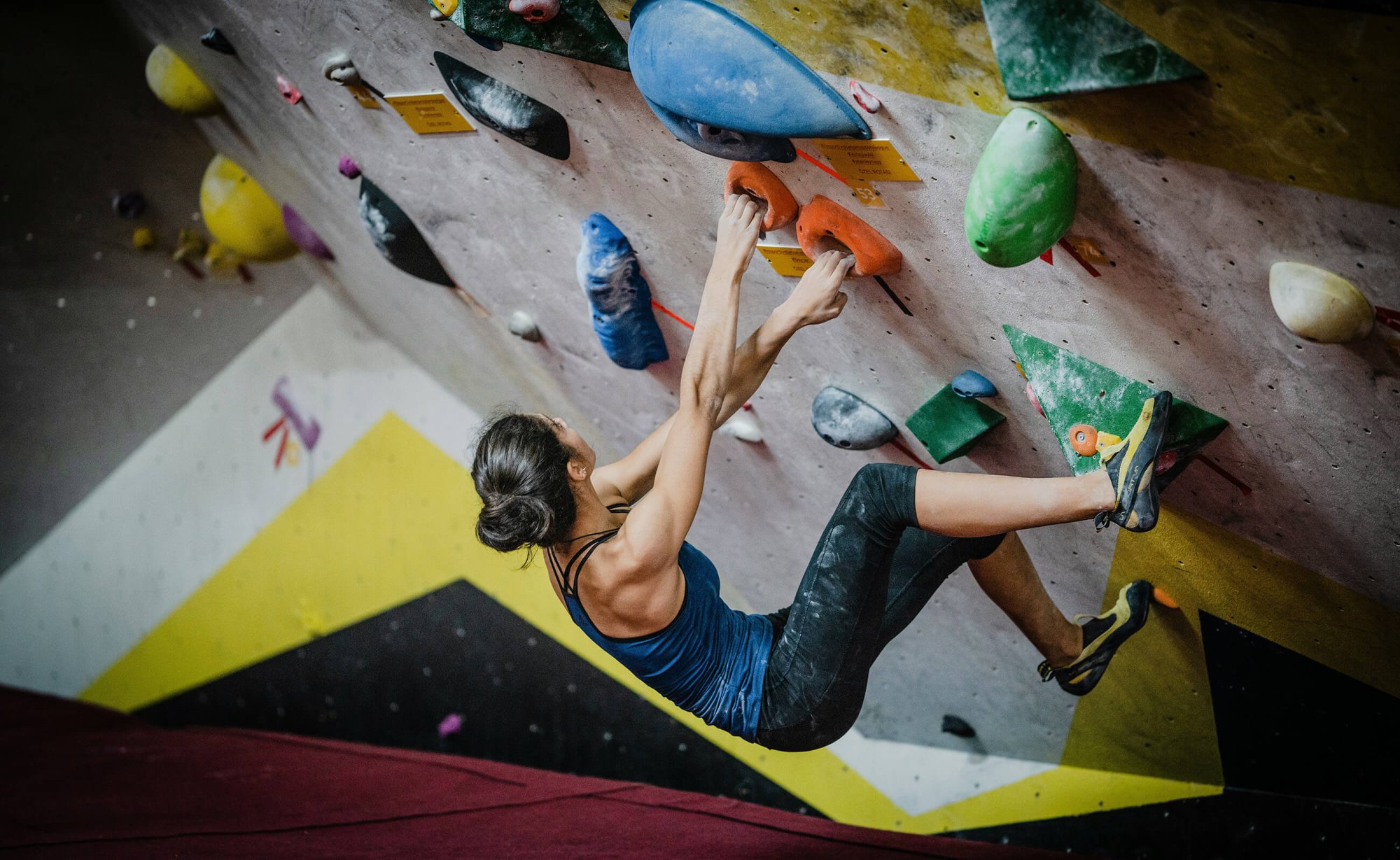posted on Medium
A few years ago, I engaged with a CliftonStrengths based coach and it lit me up! After a couple of especially hard years leading through massive uncertainty inside a new global pandemic, to be reminded of my strengths instead of the struggle refueled me.
I brought her in to coach everyone in our small company and spent time focusing on and building on top of what we were great at. It was a breath of fresh air and gave us a shared vocabulary to grow together. We’d survived and were now ready for a respite—to thrive!
Ironically, illuminating my strengths highlighted the shadows they cast. Self-Assuredness, for example, had long been my superpower for plunging into the unknown, confident in my resilience and ability to quickly learn, adapt, and excel. I hadn’t realized that others would see my assuredness and assume that what I shared was “the unanimous truth” instead of my experience. I felt compelled to preamble: “I can’t say for certain, but my gut tells me…” or tag on “at least that’s my take/how I see it” despite decades of perfecting agentic communication to fit into a masculine business culture.
As I practiced my preambles and footnotes, I listened to myself. And, self-doubt slipped its tiny wrench in, wedging a bigger and stronger gap between the knowing in my body and the knowing in my mind. What if this has always been a ruse? What if I really don’t know? What if I’m one of “those people” who talks a bigger game than they can play? What if I lead others down a bad/wrong path simply because I was so certain when I shouldn’t have been?
This sent me into a tailspin. I was, despite my assuredness, also trying to play within a world of right and wrong—and that world has no place for self-knowing. In my quest to be right, I was making myself wrong.
In my quest to be right, I was making myself wrong.
It didn’t stop with Self-Assuredness. I fixated on the “cautions” affixed to my other top strengths (Relator, Achiever, Strategic, Arranger), determined to control my impact—to be “perfect,” thus minimizing my impact.
Furthermore, when I started training in Somatic Intuitive Healing and somatic coaching with bodywork, we held the key tenet: Cause No Harm. Let me tell you, as someone with no prior training in a medical field or massage—I was frightened to hold a body. What if I did something, unintentionally, to hurt them? While I rationalized the fear (reverence for another body is, after all, appropriate), it limited my options: I could either do great good at the risk of great harm; or little harm at the risk of little good. Once again, I found myself inclined to play small.
Looking back at this trajectory, it feels obvious. I heard “you’re too much” so I over-compensated by being “too little.” Mind you, what I heard was the voice of my own insecurity. What I’d come to learn, largely while I was participating with powerful coaches inside of a nine-month program for leaders committed to transformation in the service of others, is the power of choosing to own my impact vs control it.
Ownership requires me to be responsible for my impact, without exhausting myself trying to control the infinite factors that influence how another is impacted. Now, instead of ping-ponging between too much and too little, around right/wrong, my focus in on the impact I want to have—and trusting that I can cleanup when I miss. It also frees me up to trust in others’ resilience, and fostering resilience is a large part of the work I do as a holistic transformative coach.
To circle back to the beginning, in the way that life is more of a spiral than linear, owning my impact frees me up to have choice as I play to my strengths. Sure, I still feel a tinge of apprehension but now, instead of it owning me, I can center and choose into the impact I desire.
Have you ever received feedback on your strengths that tripped you up? How did you get through to owning your superpowers vs shying away from them?

